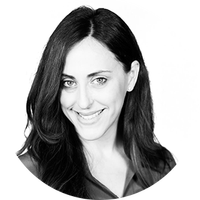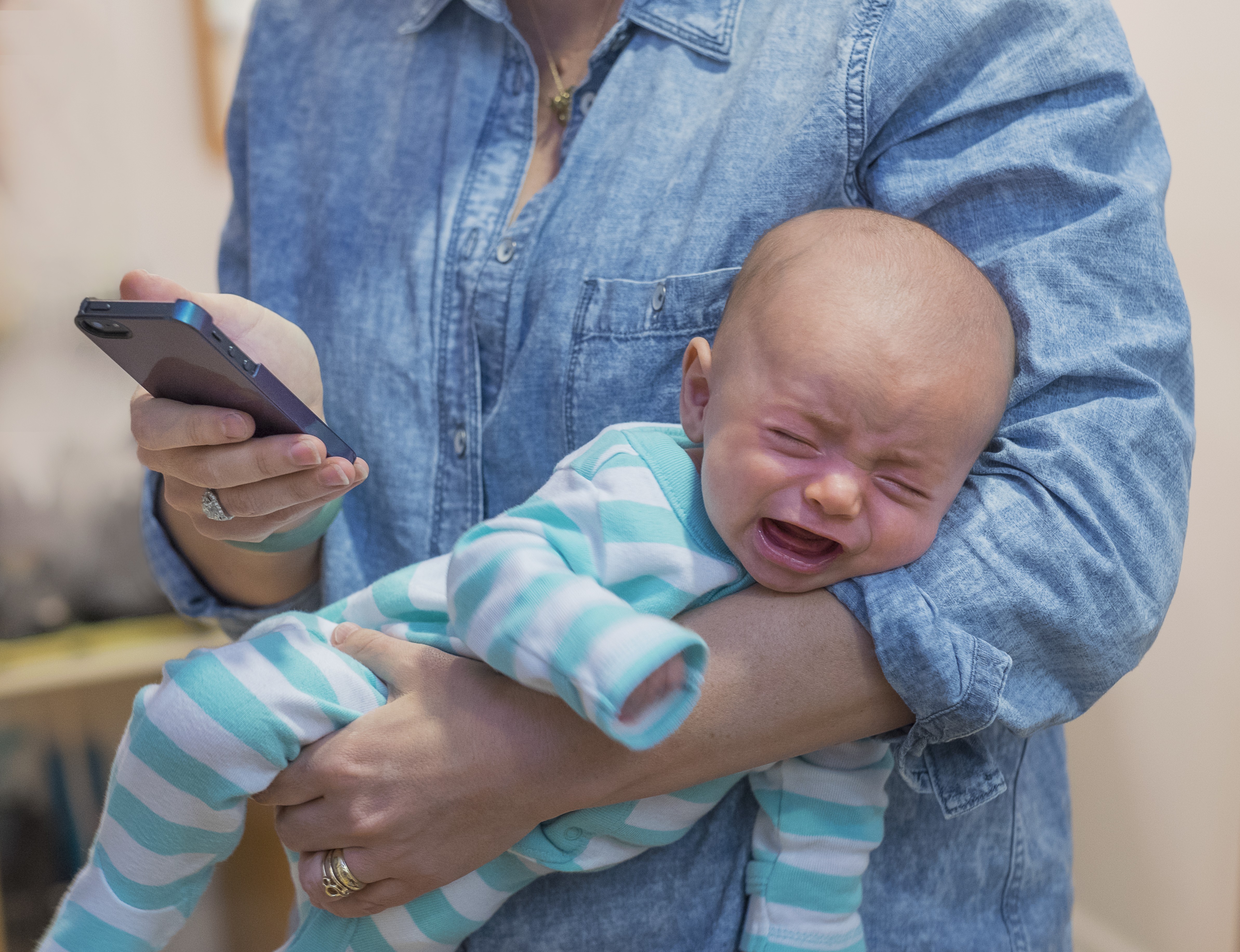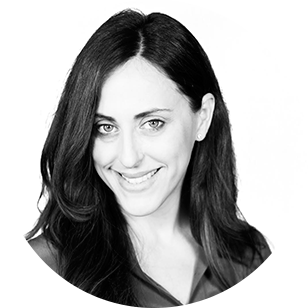The freedom that mothers are still denied
Why must women choose between motherhood and personal fulfillment?


A free daily email with the biggest news stories of the day – and the best features from TheWeek.com
You are now subscribed
Your newsletter sign-up was successful
The arrival of two new books, one on women who never marry and another on those who don't have children, marks the undoing of two persistent and pesky taboos. Being a single and/or childless woman, long seen as a fringe lifestyle taken up by radicals and outsiders, is now something we seem to be okay with.
These books, Kate Bolick's Spinster: Making a Life of One's Own, and Selfish, Shallow, and Self-Absorbed: Sixteen Writers on the Decision Not to Have Kids, an anthology edited by Meghan Daum, are absolutely something to celebrate. They offer models for women's lives distinct from the demands of the domestic realm that held women back for so long. But buried under all these liberation stories lies an unsavory, if entirely familiar truth: In order for a woman to achieve self-actualization she must forego children, and probably marriage too.
In Spinster, Bolick looks back at women throughout history who rejected partnership in pursuit of freedom. She quotes historian Lee Chambers-Schiller who wrote about a "Cult of Single Blessedness" that arose in the 18th century. This was a group of women who rejected the "self-abnegation inherent in domesticity" in order to instead engage in the "cultivation of the self." They believed that "the choice against marriage articulated the values of female independence." Indeed, Bolick along with many of the contributors to Selfish put their decision in similar terms. They are aware of the sacrifices inherent to a family life and decided instead to cultivate their selves.
The Week
Escape your echo chamber. Get the facts behind the news, plus analysis from multiple perspectives.

Sign up for The Week's Free Newsletters
From our morning news briefing to a weekly Good News Newsletter, get the best of The Week delivered directly to your inbox.
From our morning news briefing to a weekly Good News Newsletter, get the best of The Week delivered directly to your inbox.
The rub here, of course, is that upper and middle class men have long had the opportunity to have both. For men, the choice to have a partner and family did not, historically, come in direct competition with a rich interior life and fulfilling career. No, a father and/or husband's life wasn't quite as a free as a bachelor's. Still, their existence outside the domestic realm was much broader than that of their wives. Perhaps more importantly, they were able to navigate between the two freely, without conflict.
Bolick lists a number of female intellectuals and writers from the past century, including Susan B. Anthony, Louisa May Alcott, and Edith Wharton, whose success could be, at least in part, attributed to the rejection or postponement of marriage and children. Things are not much different today, when many of the most successful and powerful women around — like Oprah, Gloria Steinem, Angela Merkel, and Diane Sawyer — are all childless.
This has not gone unnoticed by women. Recent surveys show that more childless men than women report wanting kids. Writing about these studies for The Cut, Bryce Covert interviewed a number of these skeptical women. More so than their male partners, they "were all acutely aware of how having a baby would significantly rearrange all of the pieces of their lives, many of which they worked hard to put in place," Covert writes. In a conversation about her anthology, Daum told me that "I sometimes think that if I were a man, I would want kids." Studies prove she's not alone.
As incredible as it is to see women who reject the wife and mother model gain mainstream acceptance, it unfortunately also serves as another reminder of how far we have to go before we achieve equality of the sexes. Women are still making choices between domesticity and personal fulfillment that men are not. If all else were equal, these calls for freedom and nearly orgiastic paeans to solitude from the single and childless wouldn't be quite so potent. There would be so much less at stake.
A free daily email with the biggest news stories of the day – and the best features from TheWeek.com
Perhaps nothing makes this more evident than that unfortunate catchphrase used to talk about the state of women today: "having it all." When we talk about "having it all," we are not talking about freedom or possibility. "It all" isn't about self-cultivation. Instead, it directs us to pursue everything, to be the best all around. What women continue to be denied is not the opportunity to be or do more, so much as access to a freedom that is not diminished, or demolished, by the decision to marry and have children.
I'd take such liberation over "it all" any day.
Elissa Strauss writes about the intersection of gender and culture for TheWeek.com. She also writes regularly for Elle.com and the Jewish Daily Forward, where she is a weekly columnist.
